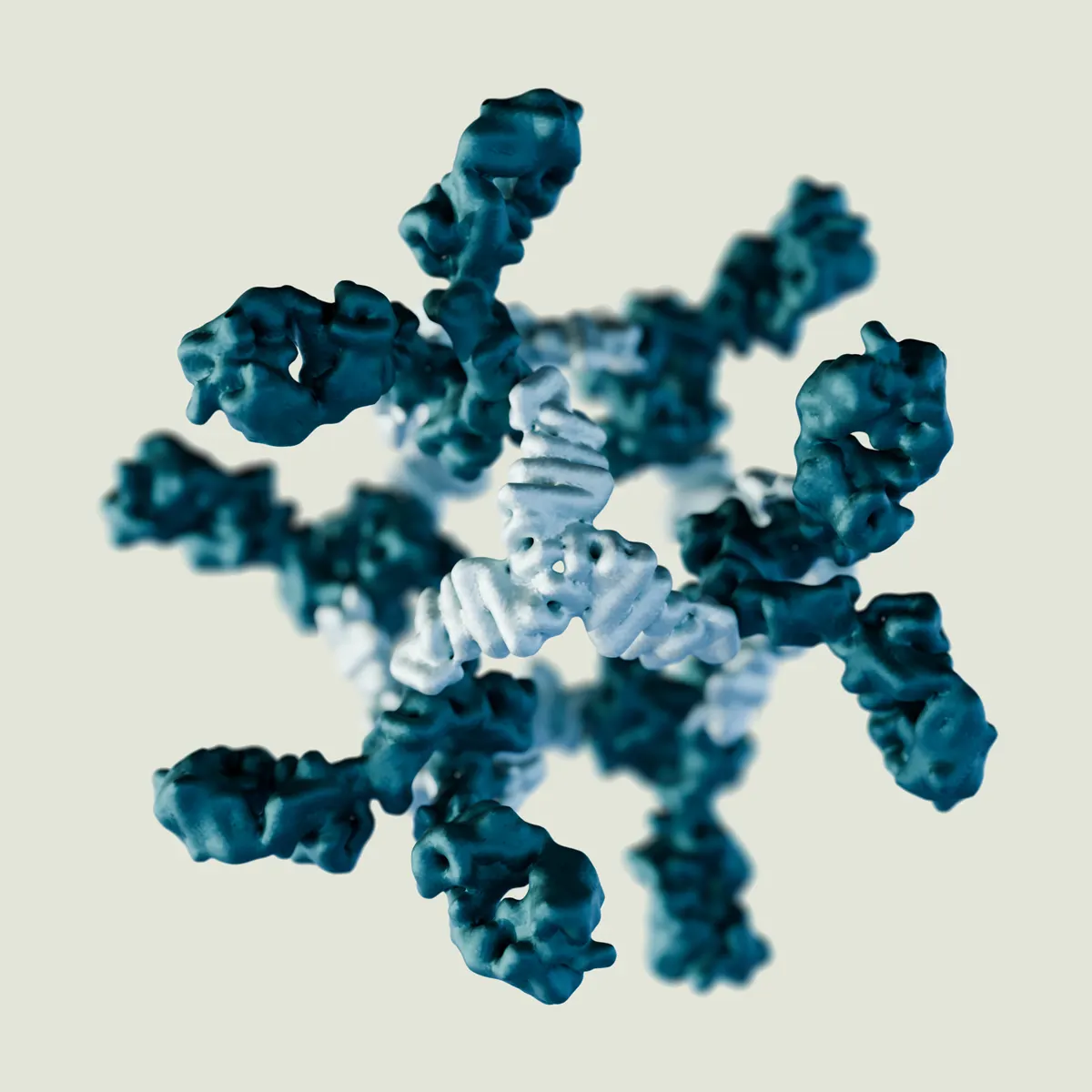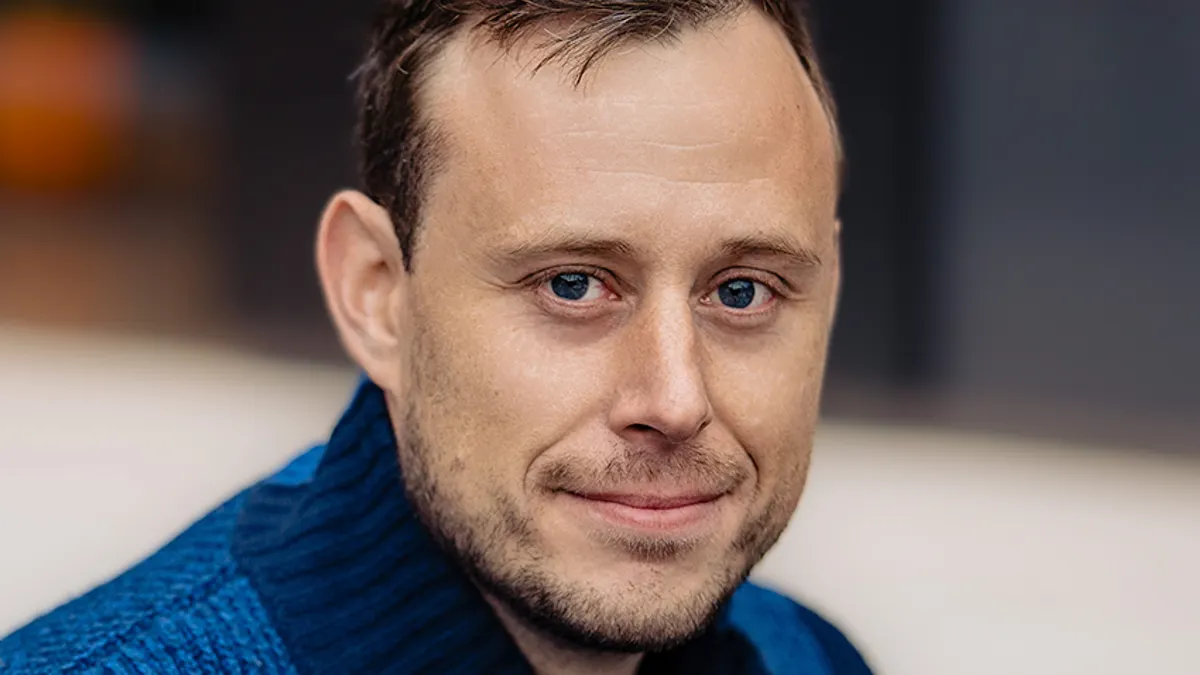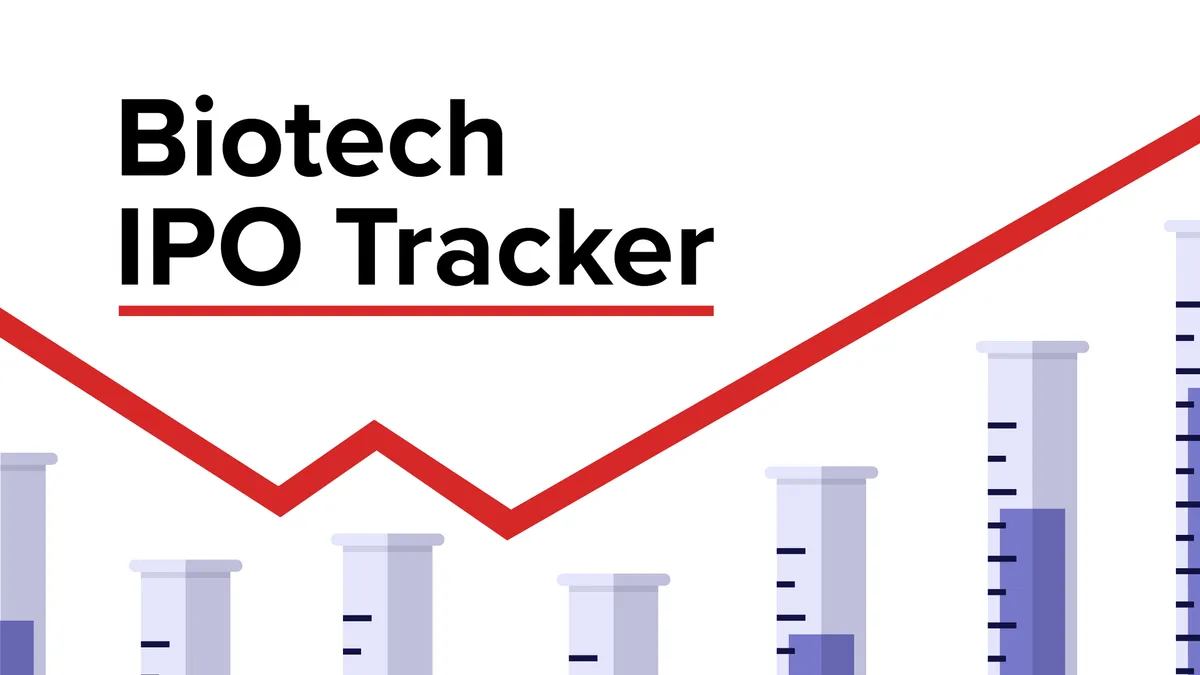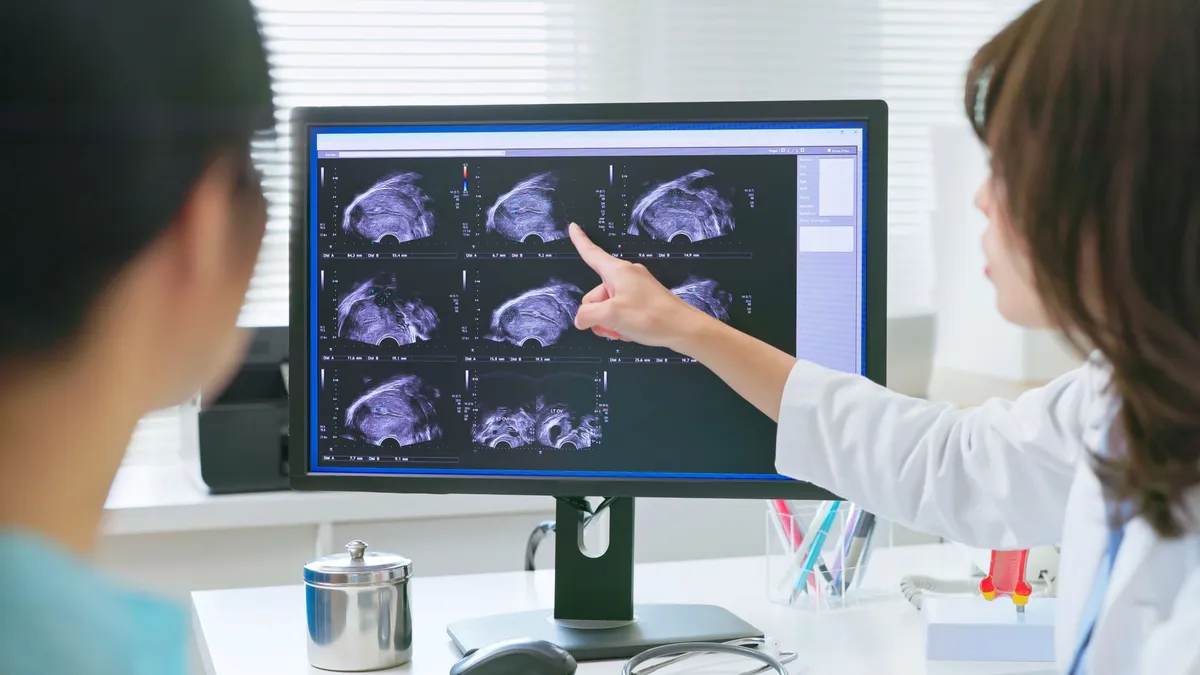Archon Biosciences came about as most startups do, the result of happenstance and good timing. Unlike many, the biotechnology company also had a Nobel Prize winner to help it along.
In 2019, James Lazarovits was researching nanotechnology at a University of Toronto lab when he fell upon computational protein design, a fast-evolving field preoccupied by decades-old problems of how to predict the shapes of life's building blocks.
He moved to Seattle to pursue it, joining one of the field's preeminent hubs, the University of Washington's Institute for Protein Design. At a dinner party there, he met George Ueda, who was also working at the institute in the lab of David Baker, a protein design pioneer who this year won the Nobel Prize in chemistry for his work.
Baker happened to be leaving his old office at the university's health sciences building and asked Lazarovits and Ueda whether they wanted to take it over. Together, the three co-invented the technology that would become the foundation of Archon, which launched publicly Wednesday with $20 million in seed funding and another $7 million in grants.
Founded last year, Archon remains secretive about which diseases it plans to target and how exactly its technology works. But broadly, it aims to build better biologic drugs via what it calls "antibody cages.”
"Antibodies are fantastic molecules," said Lazarovits, who is Archon’s CEO. "They didn't evolve to be drugs, but we've co-opted them to do pretty incredible, extraordinary things inside of the body."

Archon’s approach is to use computationally designed proteins to coerce an antibody into a precise “nanostructure,” giving it different distribution and binding properties without tinkering with its underlying amino acid sequence.
According to Lazarovits, this simplifies the process of designing and manufacturing antibody drugs. “Often when we make changes to antibodies, what made them a really good drug in the first place can sometimes be lost,” he said. “We view this as a bolt-on solution. How can we improve the properties of an antibody while minimizing the amount of change?”
Archon has hired 17 full-time employees to develop its technology, he said. With its financial runway stretching into 2026, Archon plans to select a lead program and, eventually, raise another round of private investment to fund the start of a clinical trial.
The seed financing was led by Madrona Ventures and included six other investors, among them Alexandria Venture Investments.
For Baker, Archon adds to a list of more than 20 companies he has helped found, including Sana Biotechnology, Lyell Immunopharma and Xaira Therapeutics.
















